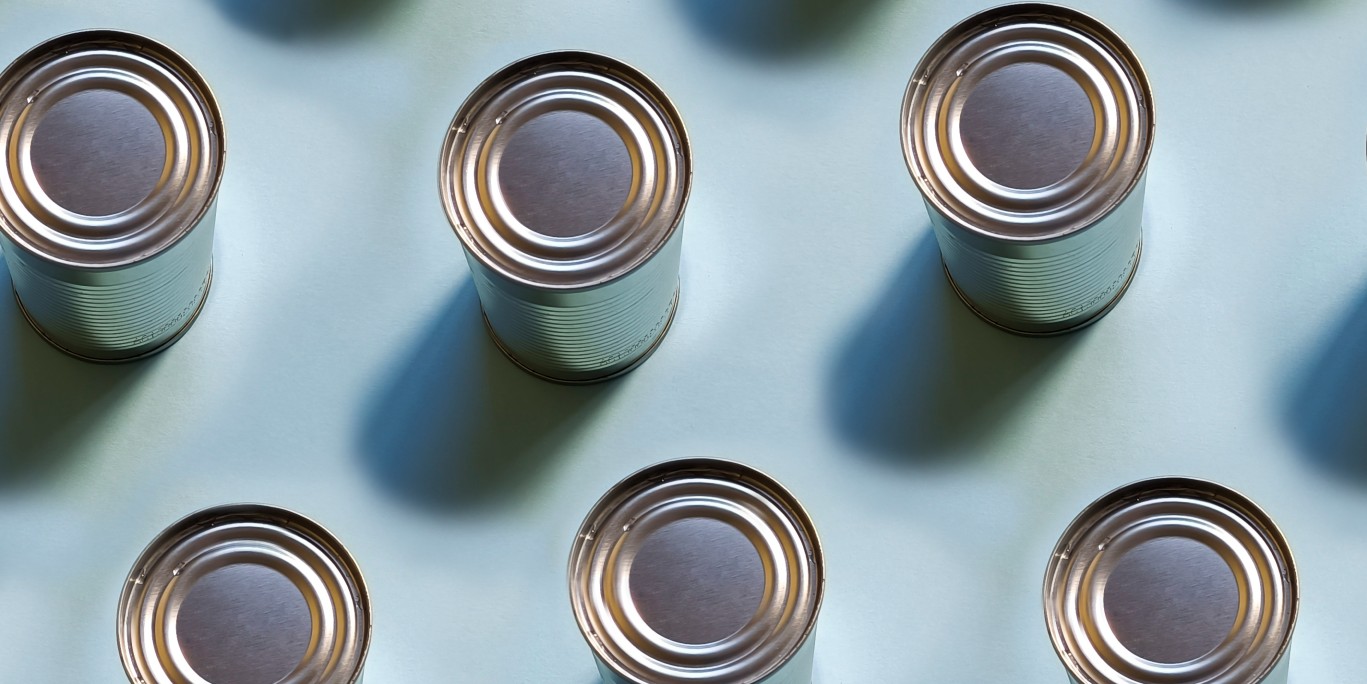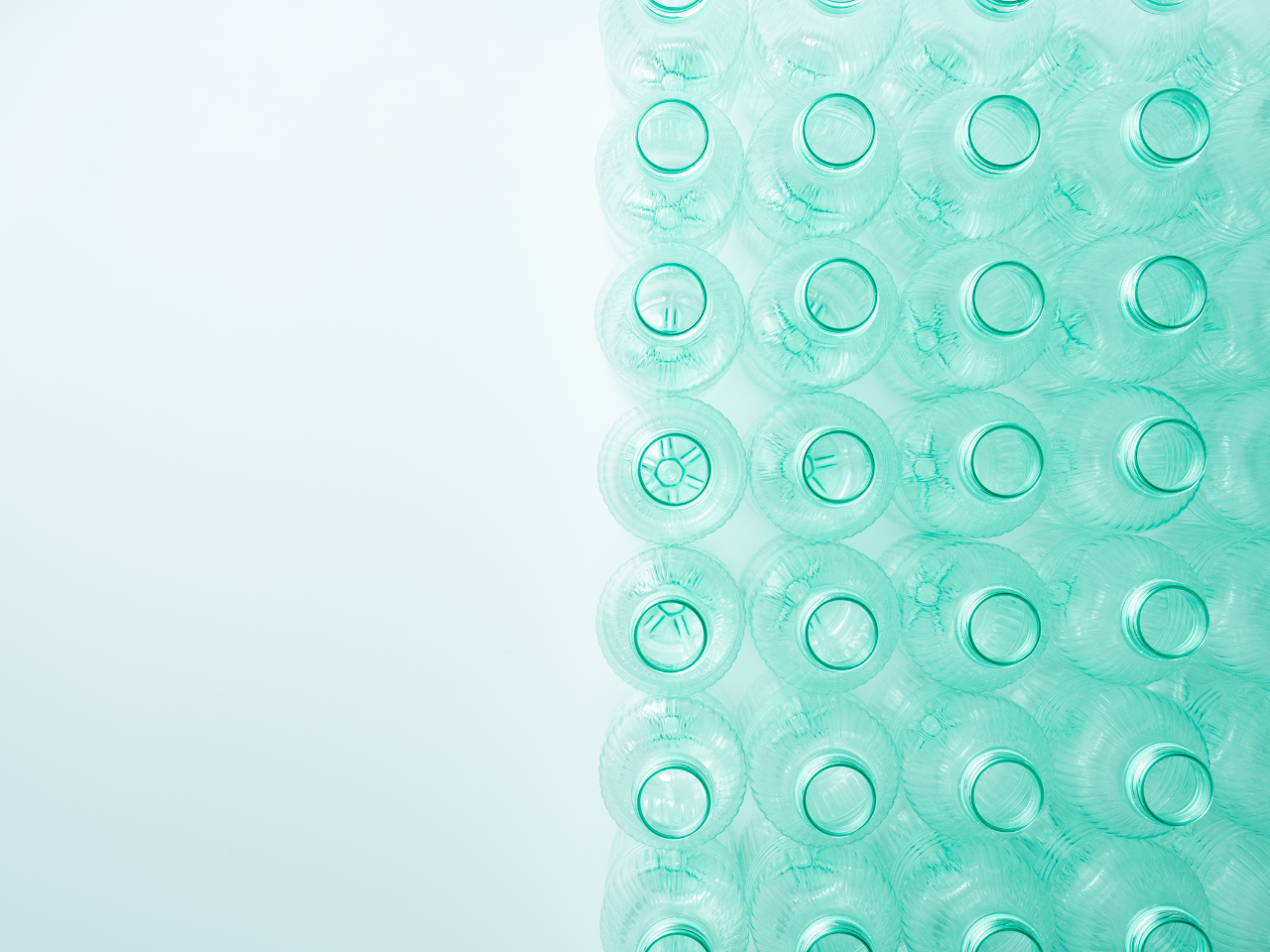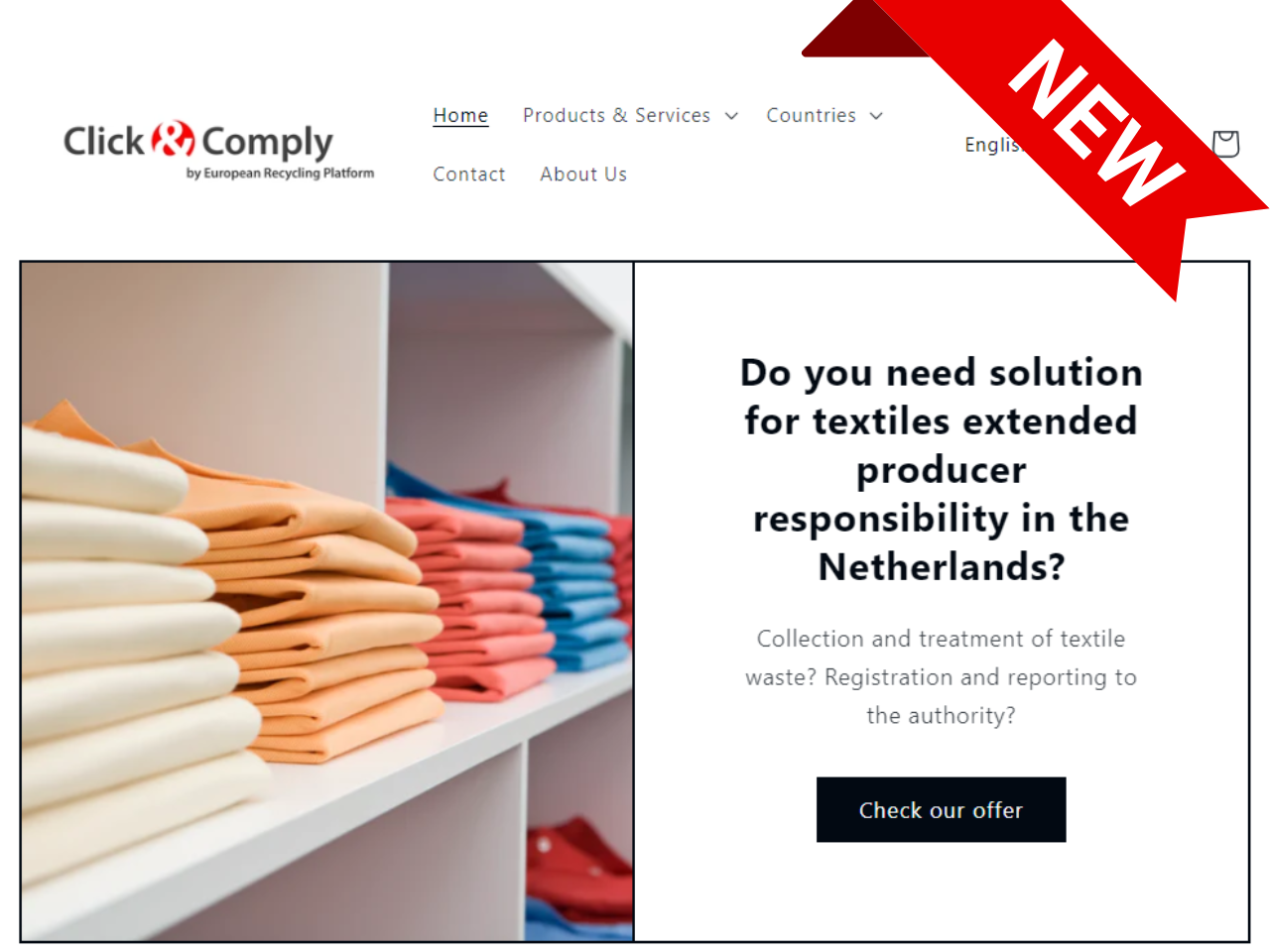What changes worldwide could have the biggest impact on the circular economy? Read our selection for you for November 2022.
Canada bans single-use plastics
As part of its “Zero Plastic Waste Strategy for 2030”, the Canadian Government published in June the Single-Use Plastics Prohibition Regulations (SUPPR). Accordingly, this legislation forbids the manufacture, import and sale of six single-use plastic products in Canada, starting on 20 December 2022.
Scope:
- Checkout bags designed to carry purchased goods from a business and typically given to a customer at the retail point of sale
- Cutlery including knives, forks, spoons, sporks, and chopsticks
- Foodservice ware designed for serving or transporting food or beverages that is ready to be consumed and is: a clamshell container, lidded container, box, cup, plate or bowl; and contains expanded or extruded polystyrene foam, polyvinyl chloride, carbon black or an oxo-degradable plastic
- Ring carriers, flexible and designed to surround beverage containers to carry them together
- Stir sticks designed to stir or mix beverages, or to prevent a beverage from spilling from the lid of its container, and
- Straws including straight drinking straws and flexible straws, which have a corrugated section that allows the straw to bend, packaged with beverage containers (i.e. juice boxes and pouches)
Single-use plastic flexible straws that are not packaged with beverage containers are excluded from the prohibitions under certain conditions.
Timeline
To allow the industry to adapt to the SUPPR requirements, the Government established a gradual adjustment, from 2022 until 2025, to enforce this legislation.
From 20 December 2022: The manufacture and import for sale in Canada of checkout bags, cutlery, foodservice ware, stir sticks and straws is forbidden. On 20 December 2023, the sale of these products will be prohibited.
From 20 June 2024: The manufacture, import for sale, and sale in Canada of all six single-use plastics products is forbidden.
Plans for EPR for textiles take shape
At the end of March, the European Commission published its Strategy for Sustainable and Circular Textiles to strengthen the market for sustainable textiles in Europe and reduce their environmental footprint. Six months later, the plans are becoming more concrete.
Currently, the Commission is working on an impact assessment to evaluate various instruments for improving circularity in the textile sector. These include the introduction of EU-wide, mandatory extended producer responsibility (EPR) for textiles to increase the collection of waste textiles, improve their recycling or stimulate waste prevention. It is still unclear what kind of textiles will fall under the scope of the regulations: only clothing or also other textiles such as household textiles, carpets or mattresses.
The new provisions for textiles are planned to be included in the revision of the Waste Framework Directive, which is expected to be published in the second quarter of 2023. In mid-December, the Commission plans to send its legislative proposal to the Regulatory Scrutiny Board.
Member states face sanctions for failure to implement SUP Directive
The European Commission has announced it will take legal action against eleven European Union member states for failing to implement the Single-use Plastics (SUP) Directive. The countries concerned are Belgium, Croatia, Denmark, Finland, France, Estonia, Ireland, Latvia, Poland, Portugal, and Slovenia.
The SUP Directive has already been in force since 2019. Since then, member states had two years to transpose the requirements into national law. However, these eleven states have not done enough, according to the Commission, which had granted them a further two-month deadline for improvements. As a result, the Commission may now propose the imposition of financial sanctions to the European Court of Justice.
The SUP Directive is a key element of the Commission’s plastics strategy and the first Circular Economy Action Plan. Among other things, it provides for a ban on certain single-use plastic products, and any articles made of oxo-degradable plastics, and is intended to reduce plastic waste in the environment.
US seeks allies for new global deal on plastic pollution
The United States is planning a new alliance for a global agreement on plastic pollution.
In August, 20 nations, including several G7 countries such as Germany and France, founded the High Ambition Coalition To End Plastic Pollution (HAC). This coalition is committed to ending global plastic pollution by 2040 and to creating legally binding global instruments.
Compared to this alliance, the American initiative will promote national solutions along the lines of the Paris Climate Agreement. The US has invited Australia and Japan, among others, to join the alliance, which is due to be established before or during the first round of HAC negotiations, which will take place in Uruguay on 28 November.
Environmental organisations have criticised the US move as it could stand in the way of a global initiative.
Sign up for our monthly
report COMPASS here:
Your email











